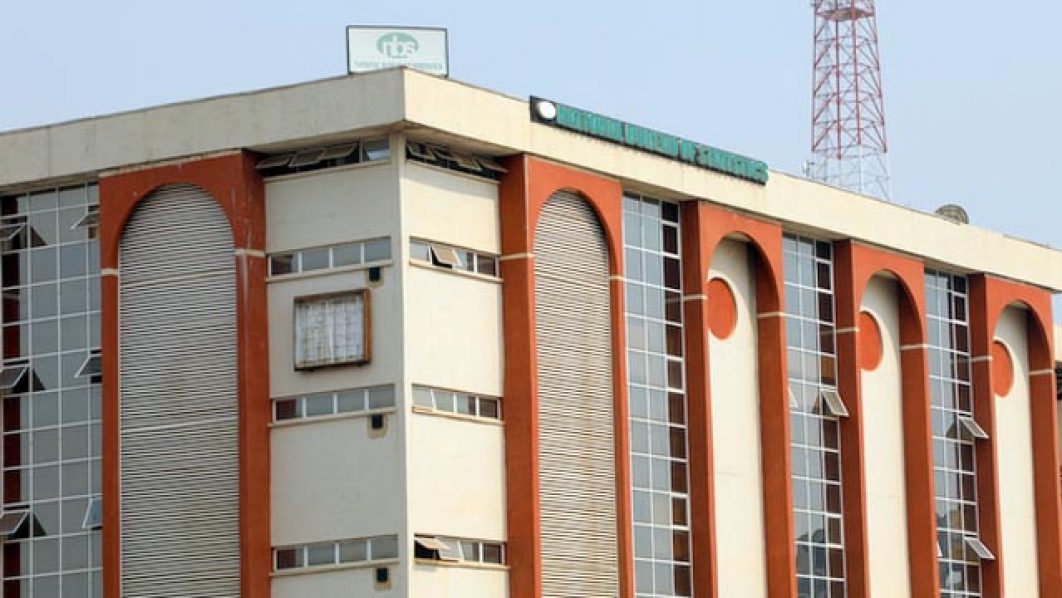News
NBS: Nigeria’s Capital Importation Declines by 22% in Q2

Nigeria’s capital importation declined by 22.85 percent from $3.37 billion in the first quarter of 2024 to $2.60 billion in the second quarter of the year.
Newsone Nigeria reports that the National Bureau of Statistics (NBS) made this known in its Capital Importation report for the second quarter of the year.
The data, however, shows that when compared to the same period of last year, Nigeria’s capital importation rose by 152.8 percent from $1.03 billion to the current figure.
In terms of capital imports by type, Portfolio Investment led with $1.40 billion, representing 53.93 percent of total capital importation, followed by Other Investment at $1.169 billion, making up 44.92 percent.
Loans as foreign capital in the period stood at $1.15 billion representing 98.6 percent of other investments as foreign capital imports, while other claims as foreign capital received just $16 million during the quarter.
For portfolio investments, capital imports into equities represented 10.67 percent of the total portfolio investment at $149.93 million.
The foreign capital imports into money market instruments stood at $1.07 billion representing 76.6 percent of total foreign portfolio investment in the second quarter of 2024.
Foreign capital inflow to bonds represented 12.6 percent of foreign portfolio investment in the period under review at $177.79 million.
However, there was a quarter-on-quarter decline in capital imports into bonds and money market instruments in the period. Foreign capital inflow into bonds declined by 57.75 per cent while that of money market instruments dropped by 32.92 percent when compared to the first quarter of 2024.
Foreign Direct Investment (FDI) was the lowest type of capital import, contributing $29.83 million (1.15%) in Q2 2024. FDIs have been performing poorly in the past few quarters following an increase in MPR sucking up cash from the real sector of the economy to money market instruments.
According to the report, the banking sector recorded the highest capital inflow in Q2 2024, with US$1.12 billion, accounting for 43.15 percent of total capital importation. This is consistent with trends in previous quarters.
The banking sector was followed by the Production/Manufacturing sector at US$624.71 million (23.99%) and the Trading sector at US$569.22 million (21.86%).
The majority of capital importation came from the United Kingdom, contributing US$1,120.15 million (43.01%), followed by the Netherlands with US$577.82 million (22.19%) and the Republic of South Africa with US$255.98 million (9.83%).